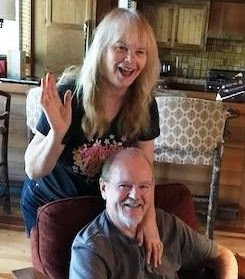Hopefully during the dating and engagement process we have been gradually making that shift as we see the possibility and then the near certainty that we are going to join our lives. By the time we finish wedding planning we should have had a lot of experience in this new “we thinking”.
But sometimes this is a difficult transition. I often hear the phrase “my wedding”, and “my honeymoon” and other similar phrases. In every case it does not mean that there is a problem brewing in this area – but it bears checking out. Will this continue into the marriage with “my car, my money, my house, my kids etc.”?
In a healthy marriage the “me and you” thinking takes a backseat to “us” thinking. Most decisions are now joint decisions. Compromising is the order of the day. Taking turns is gracefully accepted. Reasonable self-sacrifice is expected. This does not mean that we lose ourselves. There is still a part of us that is separate from each other.
What it does mean is that we trade our full independence for partial autonomy.
For less (emotionally) mature individuals, this shift can be especially difficult. There may be some leftover childhood issues to deal with, or some core personality traits that need to be surrendered to God’s authority. When things have been forcibly taken from you, it may be painful to share power.
We want to bring the healthiest possible self to a new relationship and this may require some rigorous self-examination and correction. But the rewards of that process are manifold.





